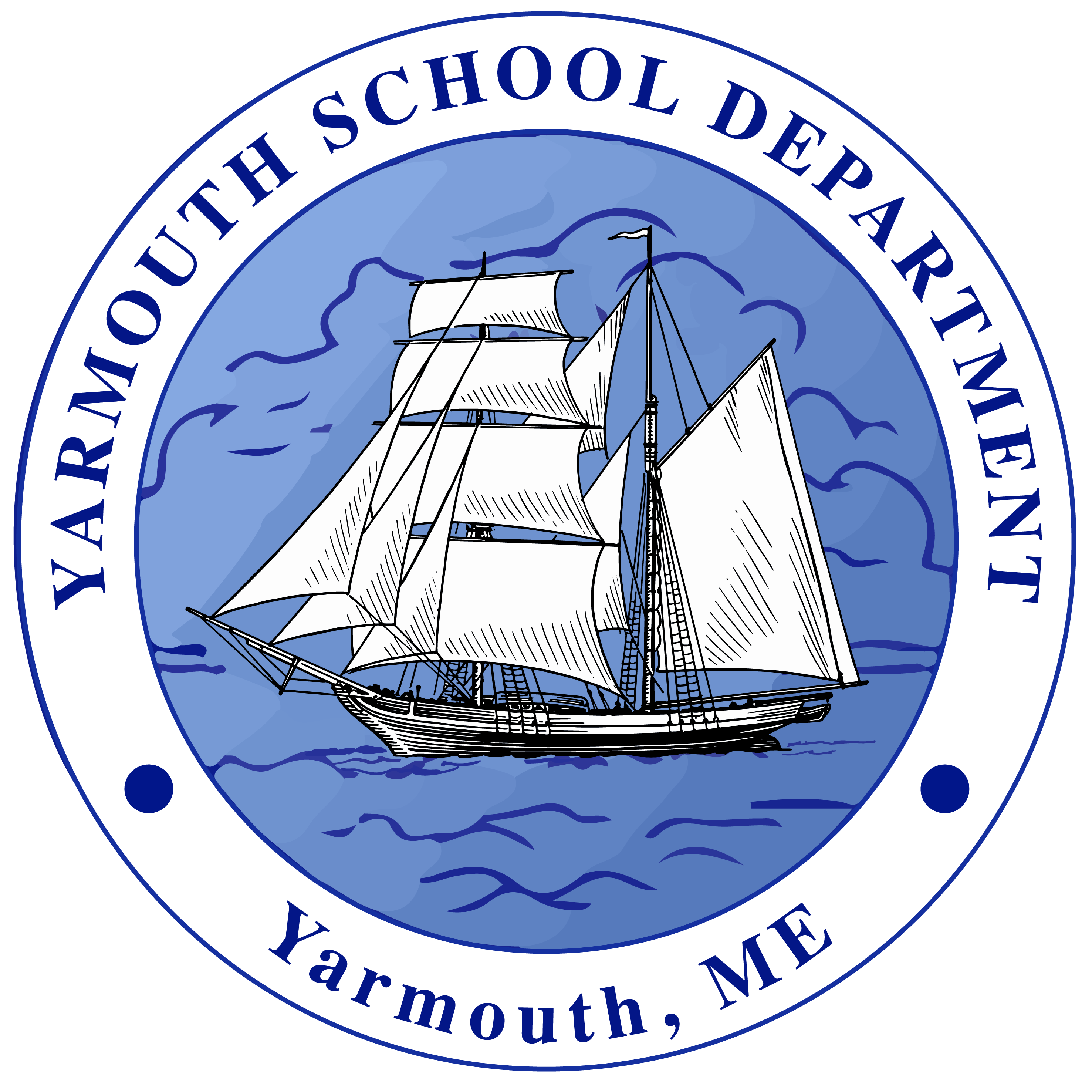Skip to content
POLICY MANUAL
Show submenu for A - Foundations and Basic Commitments
A - Foundations and Basic Commitments
Show submenu for B - School Committee Governance and Operations
B - School Committee Governance and Operations
Show submenu for C - General School Administration
Show submenu for D - Fiscal Management
D - Fiscal Management
Show submenu for E - Suport Services
E - Suport Services
Show submenu for F - Facilities Development
F - Facilities Development
Show submenu for G - Personnel
G - Personnel
Show submenu for I - Instruction
I - Instruction
Show submenu for J - Students
J - Students
Show submenu for K - School-Community-Home Relations
K - School-Community-Home Relations
ACAB-R Employee Discrimination/Harassment and Title IX Sexual Harassment Complaint Procedure
ACAA-R Student Discrimination/Harassment and Title IX Sexual Harassment Complaint Procedure
Show submenu for
